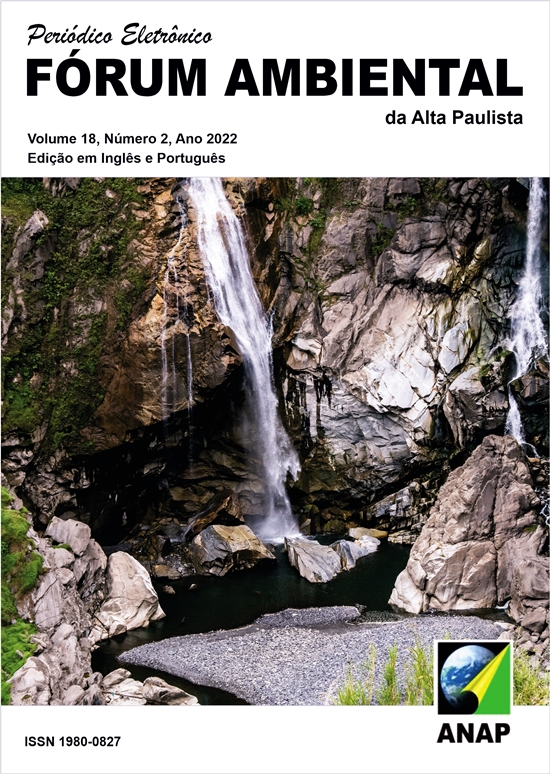Performance analysis of large wastewater treatment plants in Aracaju
DOI:
https://doi.org/10.17271/1980082718220223102Abstract
One of the biggest impacts on the country's water resources is the discharge of raw wastewater into rivers, which can be minimized with wastewater treatment. In this work, both the treatment systems performance used in four Wastewater Treatment Plants (WWTPs), which treat the domestic wastewater of Aracaju, and the compliance with the requirements of the current environmental legislation for the release of effluents were evaluated. To do so, physical-chemical, and bacteriological monitoring bulletins of the WWTPs were evaluated through the period of 1 year and 3 months. The WWTPs almost fully complied with all the conditions set out in the legislation for the parameters analyzed. Data analysis showed, in general, a better quality of the effluent from WWTP Orlando Dantas, with pollutant removal efficiencies very close to those found in the literature. However, the other stations, WWTP ERQ Norte, WWTP ERQ Sul and WWTP ERQ Leste, even fulfilling the legislation almost throughout all the studied period, achieved performance below expectations, due to the type of treatment technology adopted. With the evaluation of the results and the operating and maintenance conditions of the stations, it was concluded that there is a need to allocate resources for investments in a greater frequency of laboratory analysis and in the operation and maintenance of the infrastructure of the WWTPs. Furthermore, continuously training professionals involved in the operation of the systems will increase the performance of wastewater treatment structures. Consequently, there will have the improvement in the quality indices of treated wastewater, reduction of pollution and public health problems.












